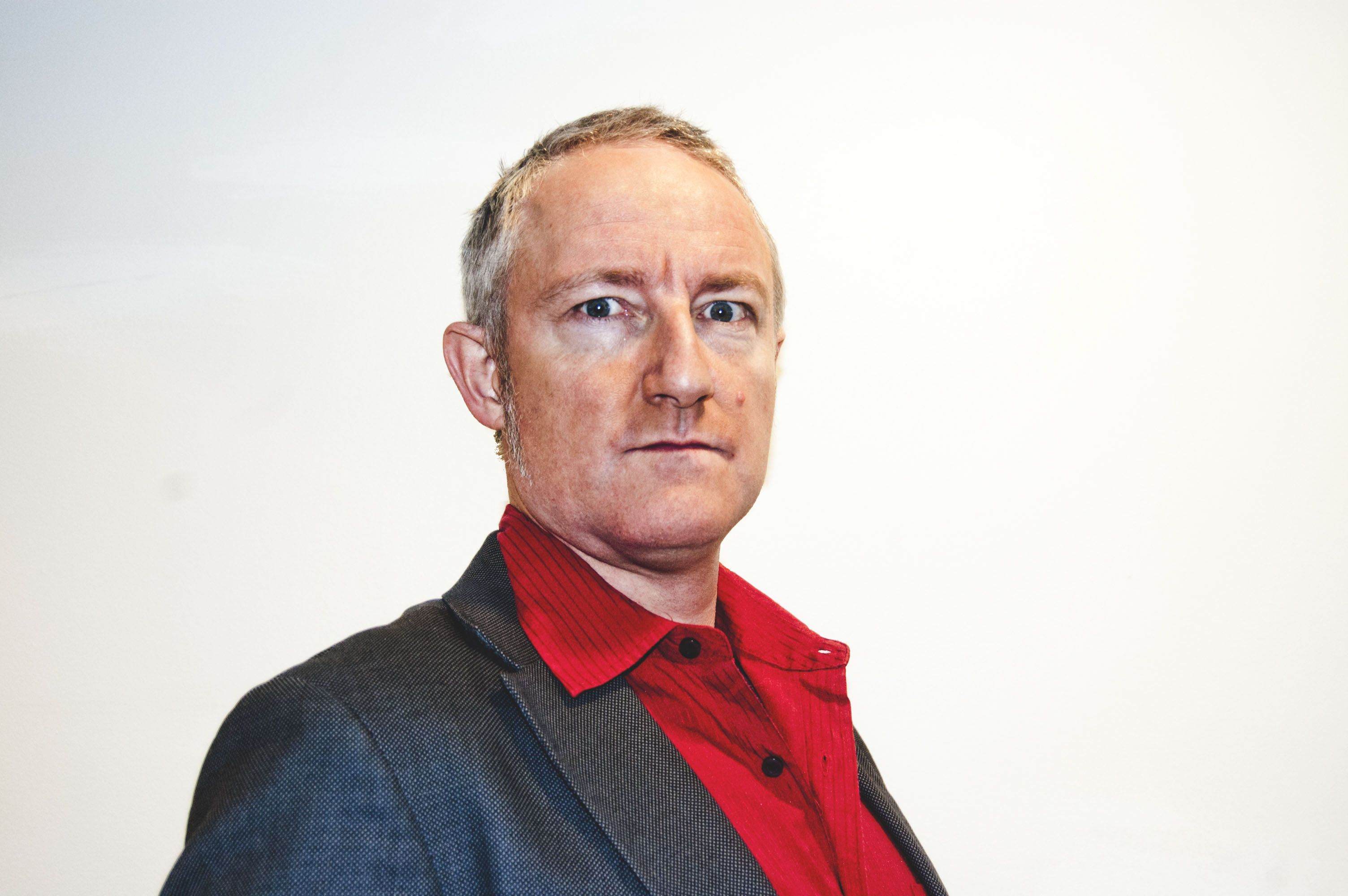 A week ago I sat in the manager’s office of the Dagmar Cinema in Copenhagen. I was giving the last performance notes before the premiere of a show for the CPH:PIX film festival. There were three actors in the meeting: Charlotte Munck of ‘Anna Pihl’ fame, Bo Madvig from the dance world, and the 76-year-old veteran actor Baard Owe. What made the meeting poignant was not the actors, the notes or the premiere, but the fact that 47 years previously Owe had sat in that very same office to audition for the brilliant Danish film director Carl Theodor Dreyer.
A week ago I sat in the manager’s office of the Dagmar Cinema in Copenhagen. I was giving the last performance notes before the premiere of a show for the CPH:PIX film festival. There were three actors in the meeting: Charlotte Munck of ‘Anna Pihl’ fame, Bo Madvig from the dance world, and the 76-year-old veteran actor Baard Owe. What made the meeting poignant was not the actors, the notes or the premiere, but the fact that 47 years previously Owe had sat in that very same office to audition for the brilliant Danish film director Carl Theodor Dreyer.
I love Dreyer’s work. Artistically his films are hypnotic, visually stunning and steeped in a dense psychological expression. His visual style is unmatched, as is his creation of politically profound female characters. On a more personal level, watching his films allowed me to understand better what this ‘creature’ Denmark is.
Dreyer was born in Copenhagen, the illegitimate son of a Swedish housekeeper. Adopted by a family named Dreyer, he grew up in Denmark, and worked as a journalist, scriptwriter and film director for Nordisk Film. By 1930 he was considered the greatest living Danish film director. His best loved films are ‘The Passion of Joan of Arc’ (1928), ‘Vampire’ (1932), ‘Day of Wrath’ (1948), ‘The Word’ (1955) and ‘Gertrude’ (1968). In Toronto in 2010, Dreyer’s ‘Joan of Arc’ was ranked the most influential film of all time.
There are few film directors where each frame can be taken out of the context of the film and still work visually as an image in its own right. Russia’s Andrei Tarkovsky and Japan’s Akira Kurosawa have come close, but it is only with Dreyer where it is a definite. The intensity of his preparation, and his commitment to achieving a visual parallel to the film’s narrative, create each second as full and complete with all extraneous details cut away.
While watching ‘The Passion of Joan of Arc’ it is easy to forget it was made in 1928. The angles, beautiful compositions and realistic acting style make it closer in family to the films of the late 1950s or 60s. It put Dreyer on the international map, and was a seminal work for the film industry in general. Lars von Trier references Dreyer as an essential influence on his own work. This 1928 epic pushed the boundaries of film, art and politics.
The manner in which he portrays the female leads within his films represents a significant commitment to women. The female leads are strong, firm and resolute in the face of torture, male dominance or societal mistreatment. His mother died from ingesting the sulphur from the tips of matches in an attempt to achieve an abortion – a common method in the late 19th century. Dreyer pushes us to understand the lot of the woman: their pain and injustice, and in turn all injustice. It is no surprise to me that this commitment to a female point of view is Scandinavian in origin.
Dreyer was once asked by the Danish documentarist Jørgen Roos if he could be the subject of a documentary. He replied at first humbly, but shifted within a sentence to a quiet passion: “But why make a film about me – I am not of interest, but my films are.” This statement made an impact on me. Despite the quiet comfort of the Danish feel-good ‘hygge’ phenomenon, there lies within a determination that begins to make sense of the fact that this country of a little over five million people has a huge impact on the world as a whole. Strongly present in film, art and design and international politics: the Danes.
Dreyer was known as being quiet, hard working and unstoppable. In discovering Dreyer, I also discovered the same quality in a lot of my Danish friends. I had long before understood that Denmark was tribal in nature (see the anthropologist Dennis Nørmark and historian KJV Jespersen), but Dreyer made me understand why there are so many Danes and Scandinavians in the UN. Surely we have all experienced the Scandinavians’ immovable patience and sometimes insufferable love for meetings.
Dreyer is a lesson in artistic perseverance, and perseverance in general. He never stopped working on his art despite great setbacks. His huge success with ‘Joan of Arc’ was followed quickly by the equally huge failure of his next film ‘Vampire’. The film was not critically well received, and the production process was so difficult that Dreyer had a nervous breakdown. Ironically he recovered in France in a mental institution called the ‘Clinic of Joan of Arc’.
If you want to discover Dreyer, I recommend starting with ‘The Passion of Joan of Arc’, followed by ‘Day of Wrath’. If you are still on board after this – welcome to my world.
Illustration courtest of Cæcilie Parfelt Vengberg / www.vindfang.blogspot.com.















